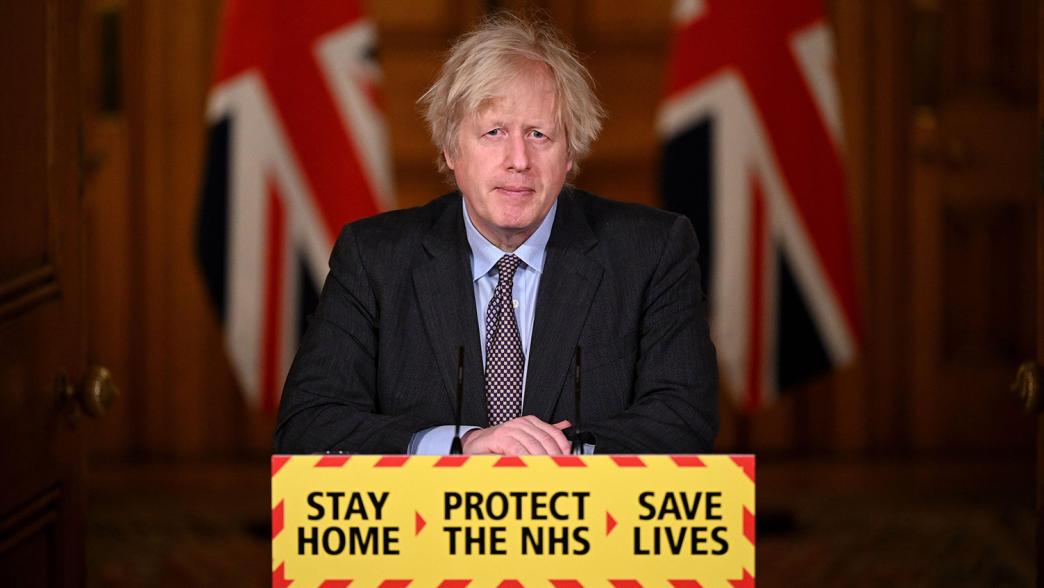Insight paper
Government communications in 2023 and beyond
How to make government communications more effective.

How to make government communications more effective.

Join us and permanent secretaries Cat Little, Sarah Munby and Gareth Davies as we discuss the benefits of external recruitment.
Staff numbers, low morale and structural change are pressing concerns for the civil service.
It is not only during crises that good analysis and assessment is vital.
Civil service unions have a particular responsibility to show restraint on political activity.